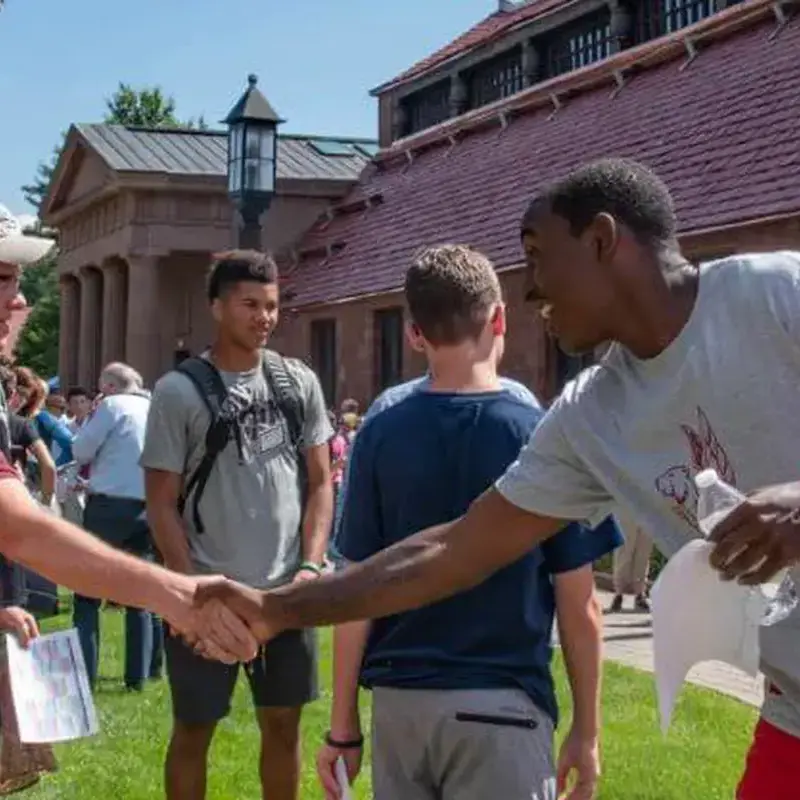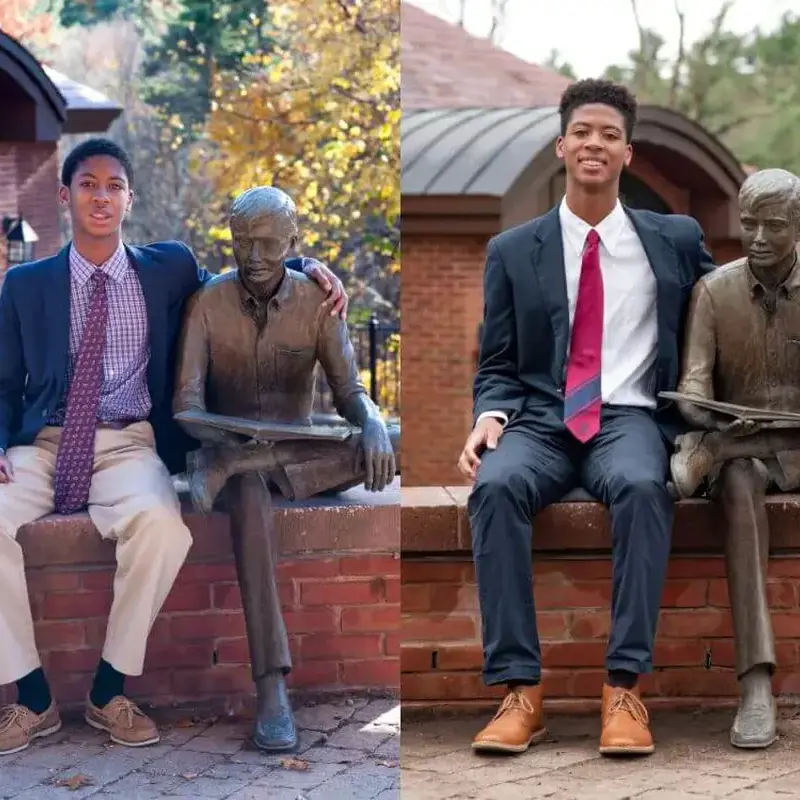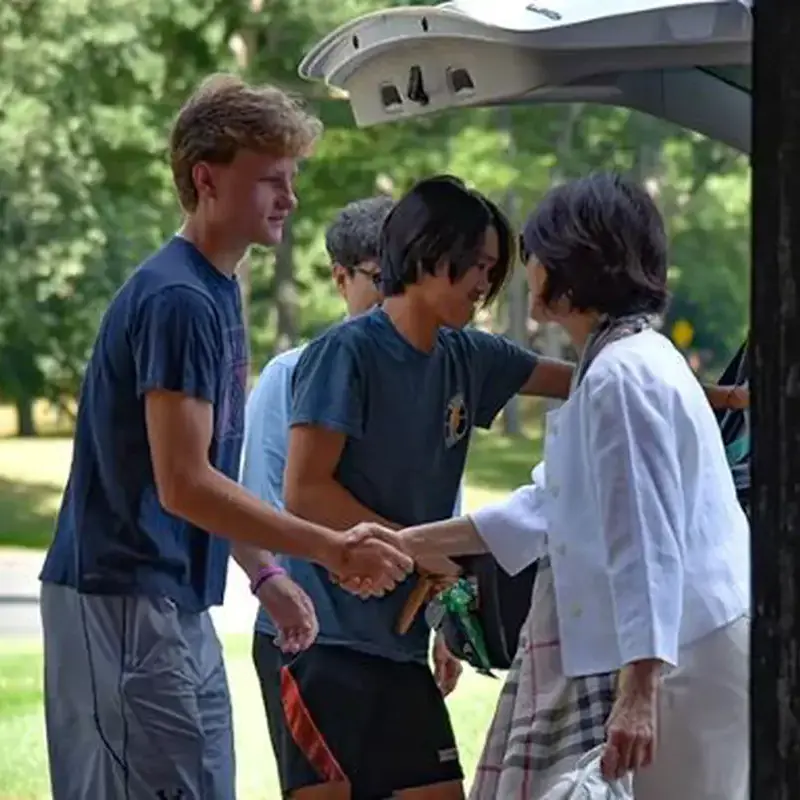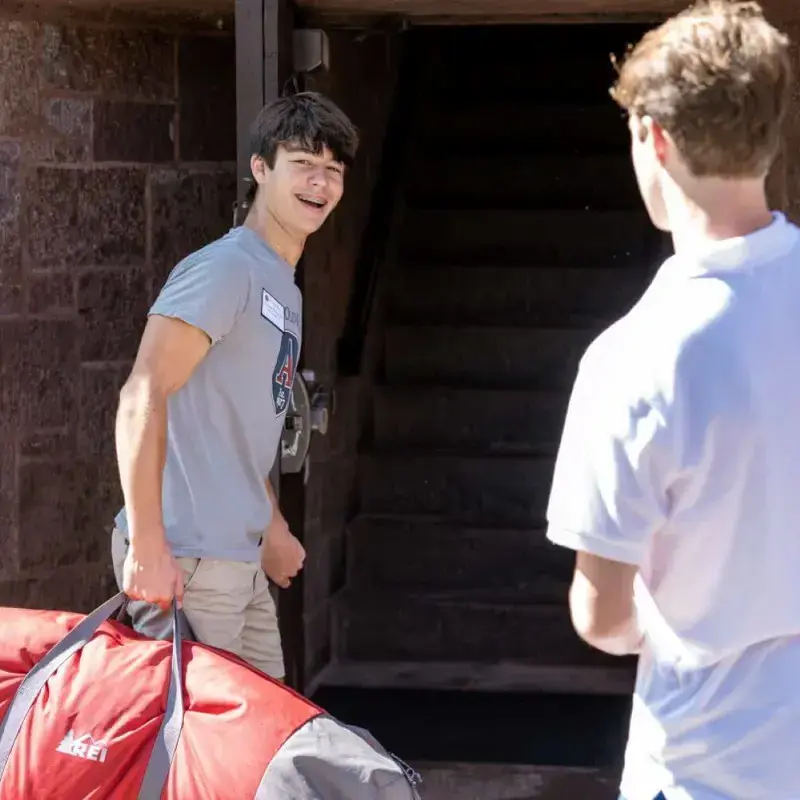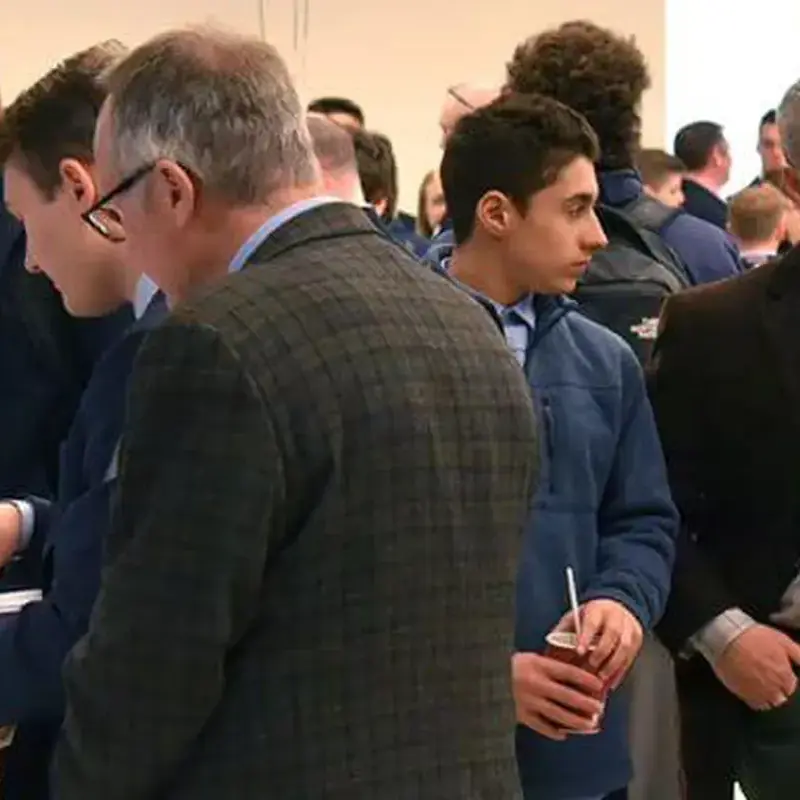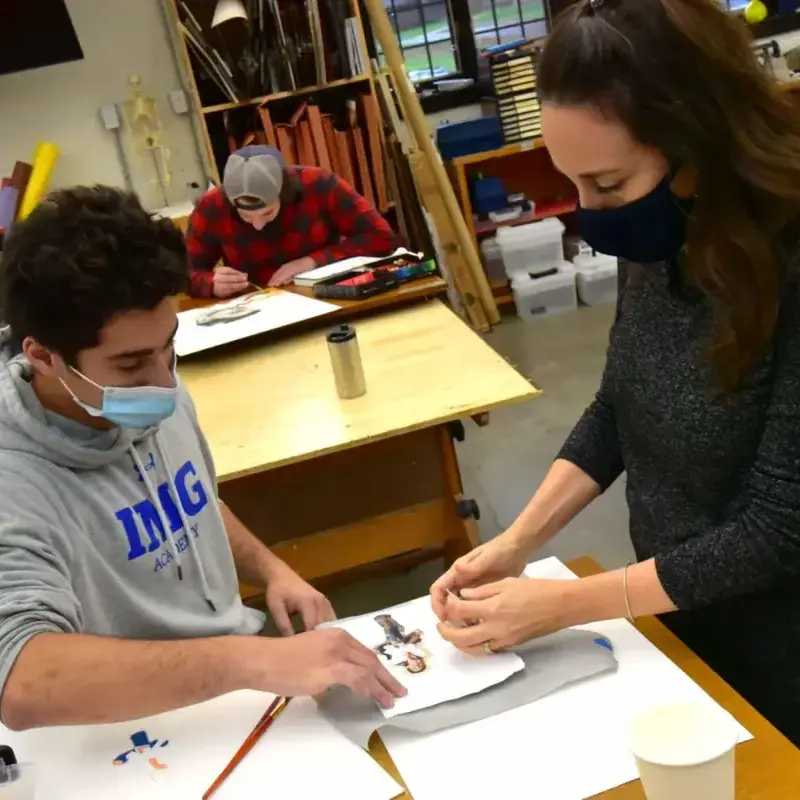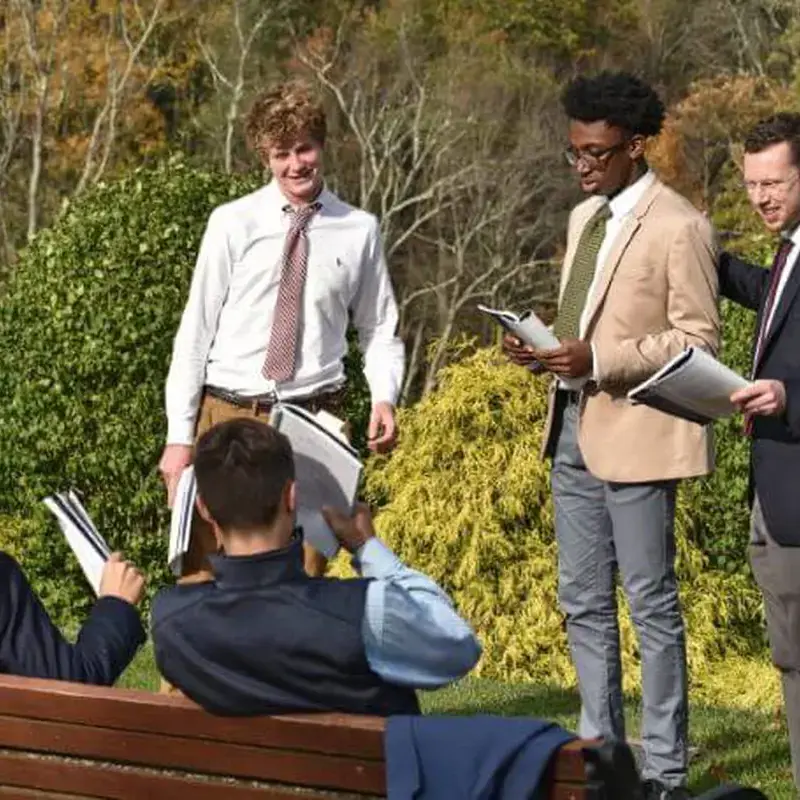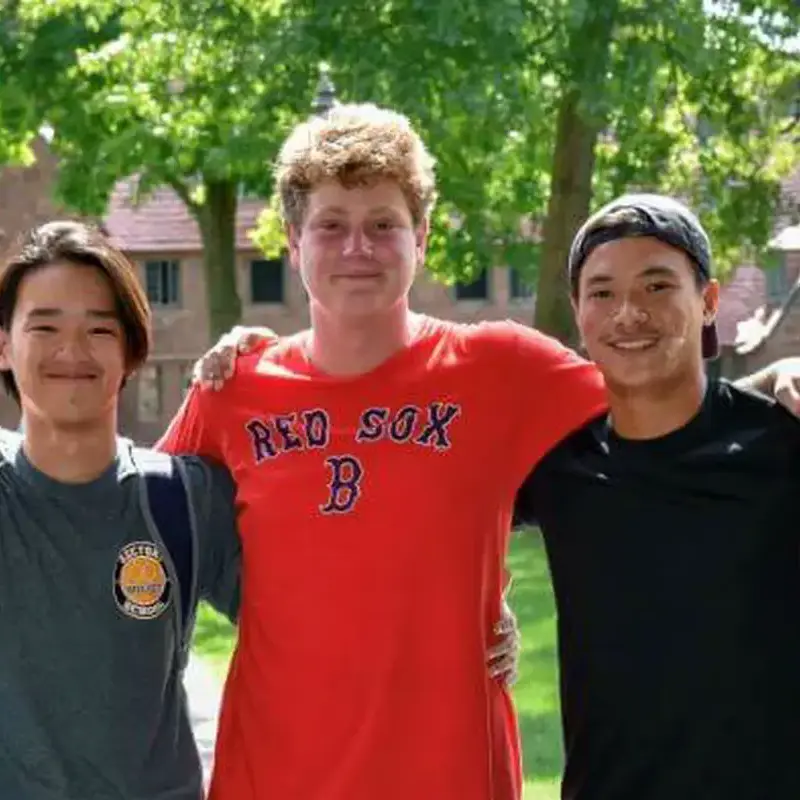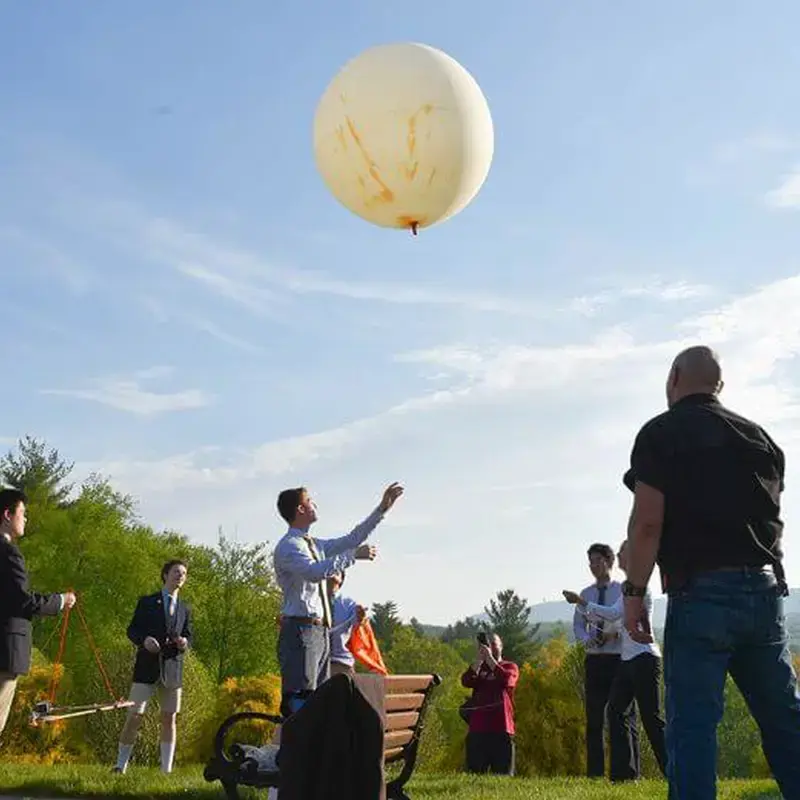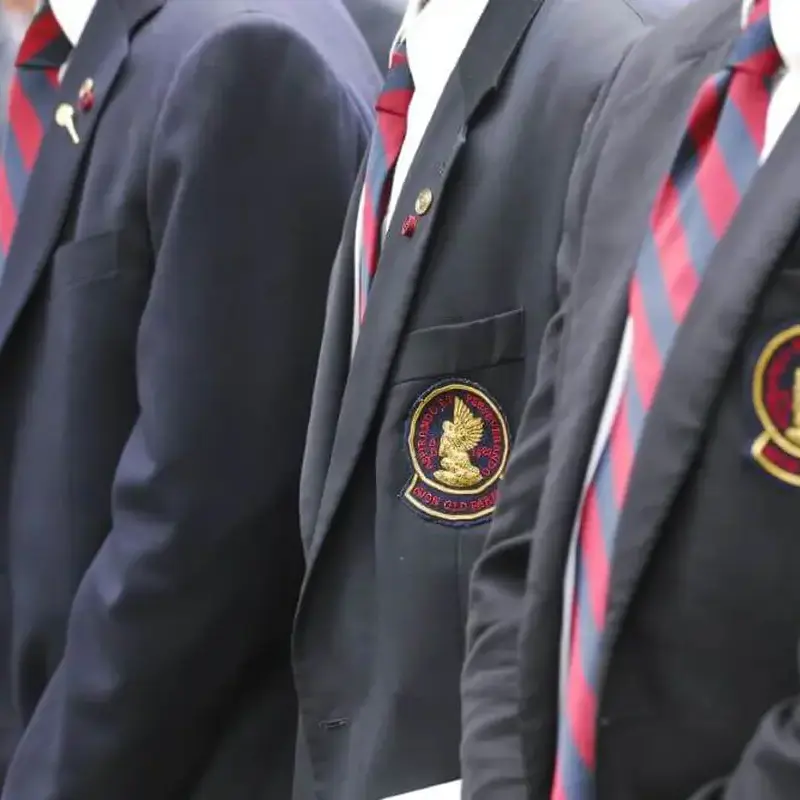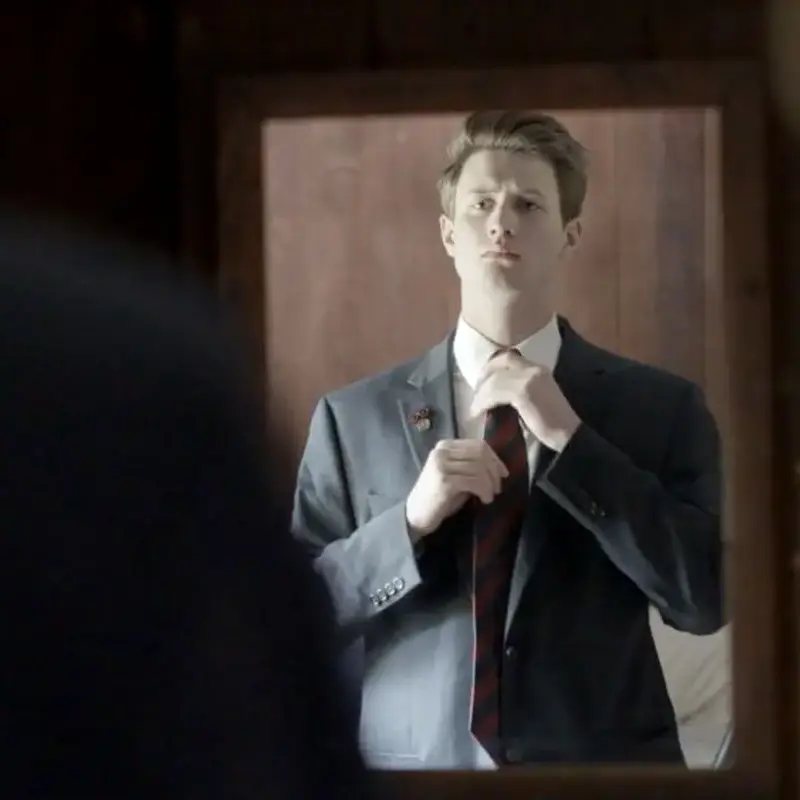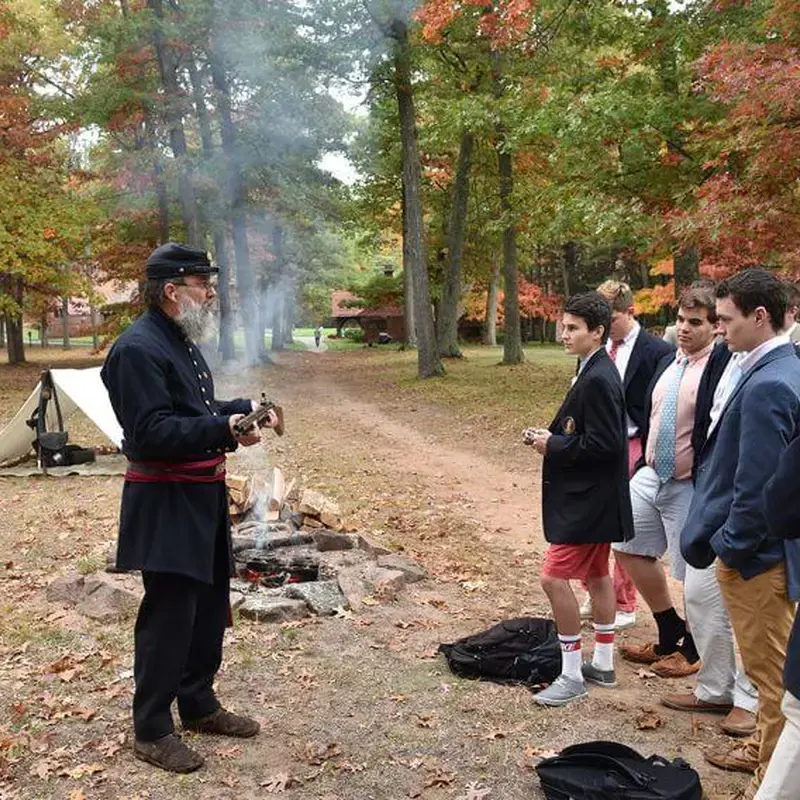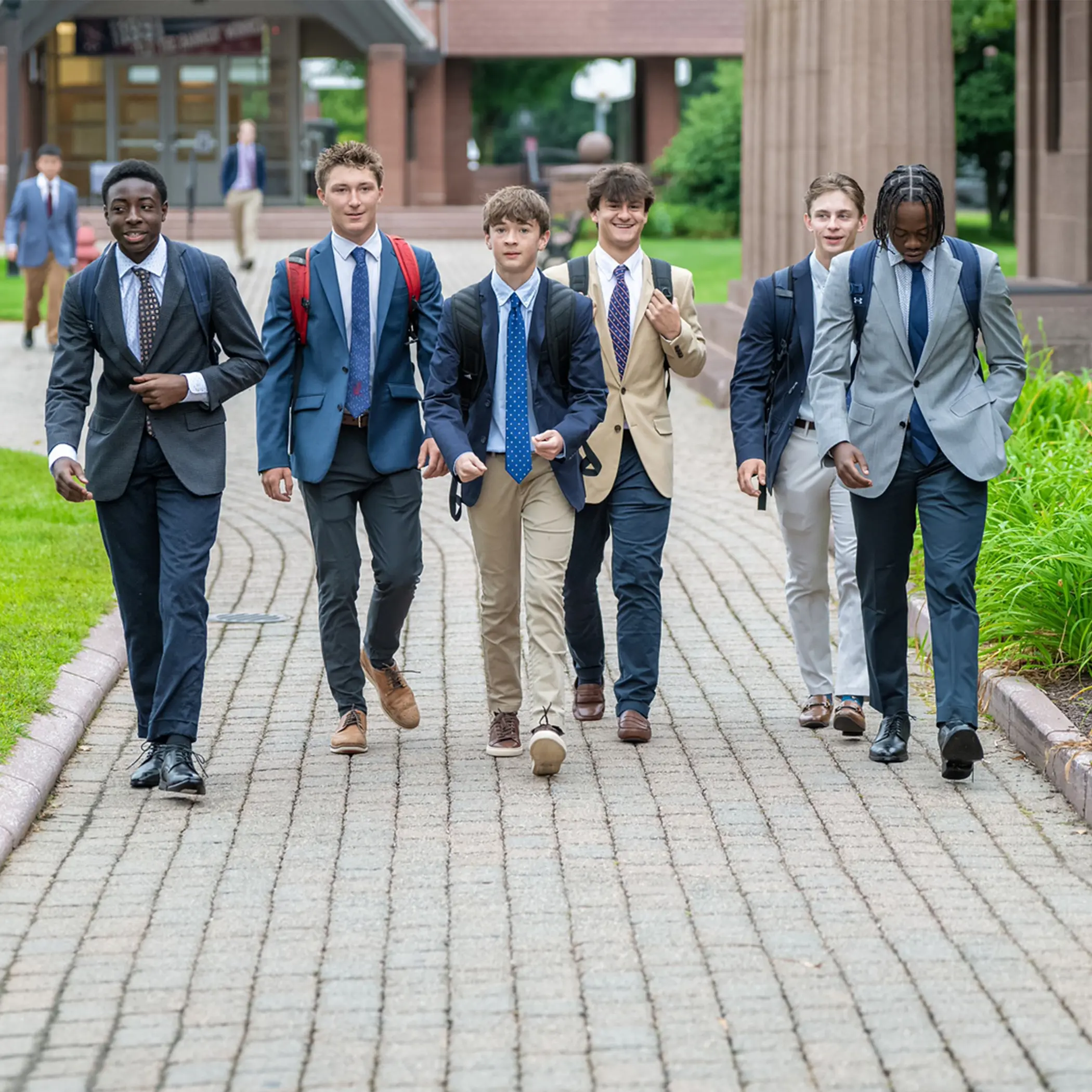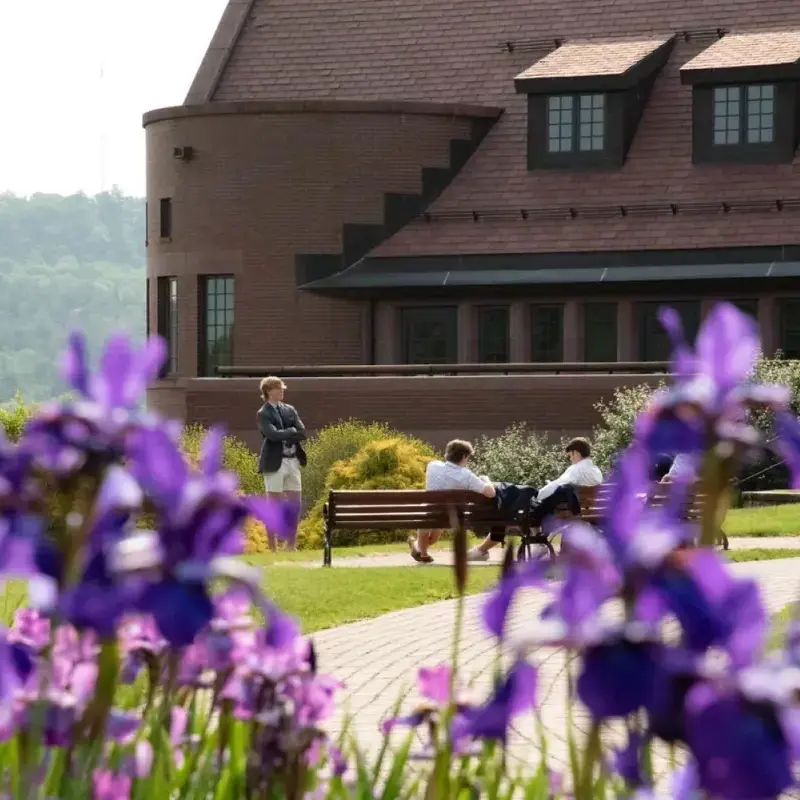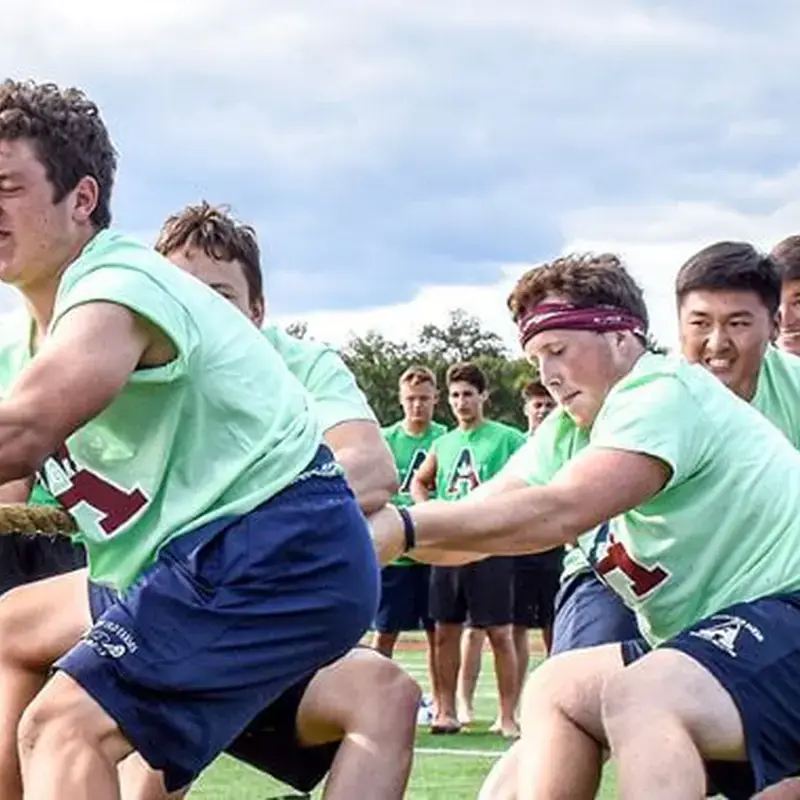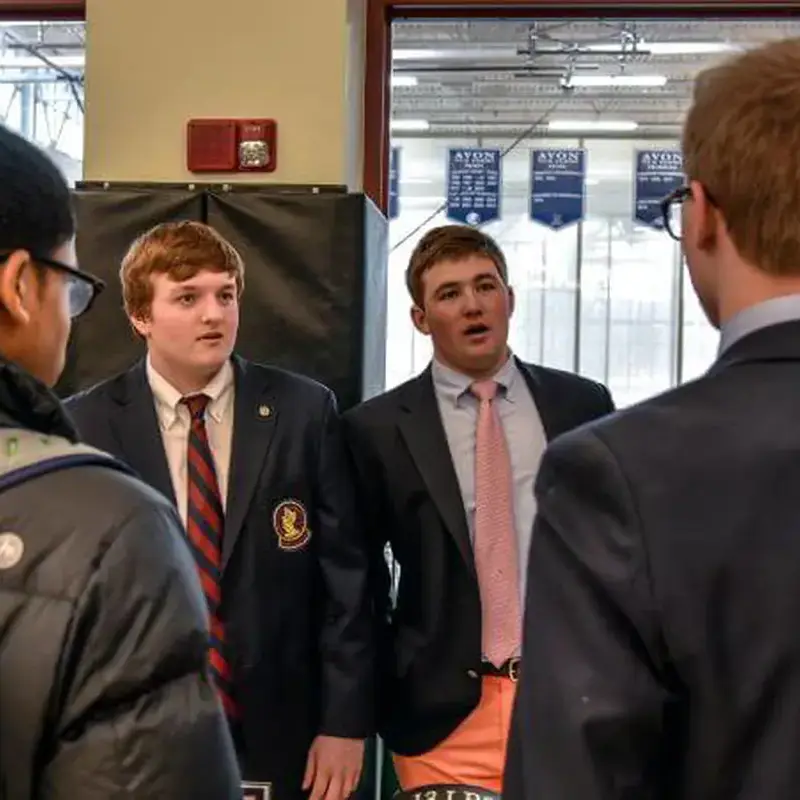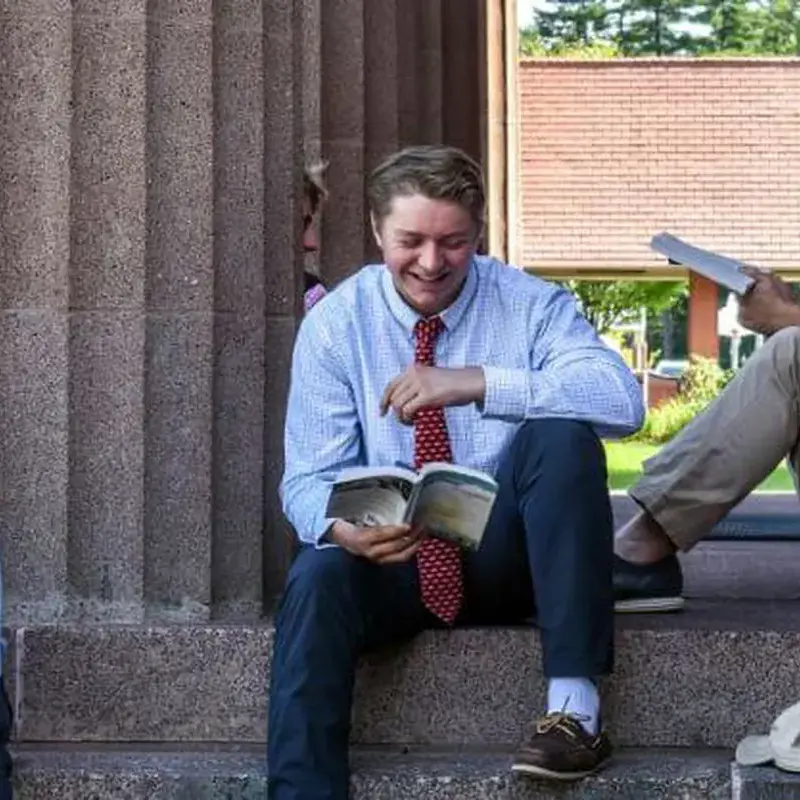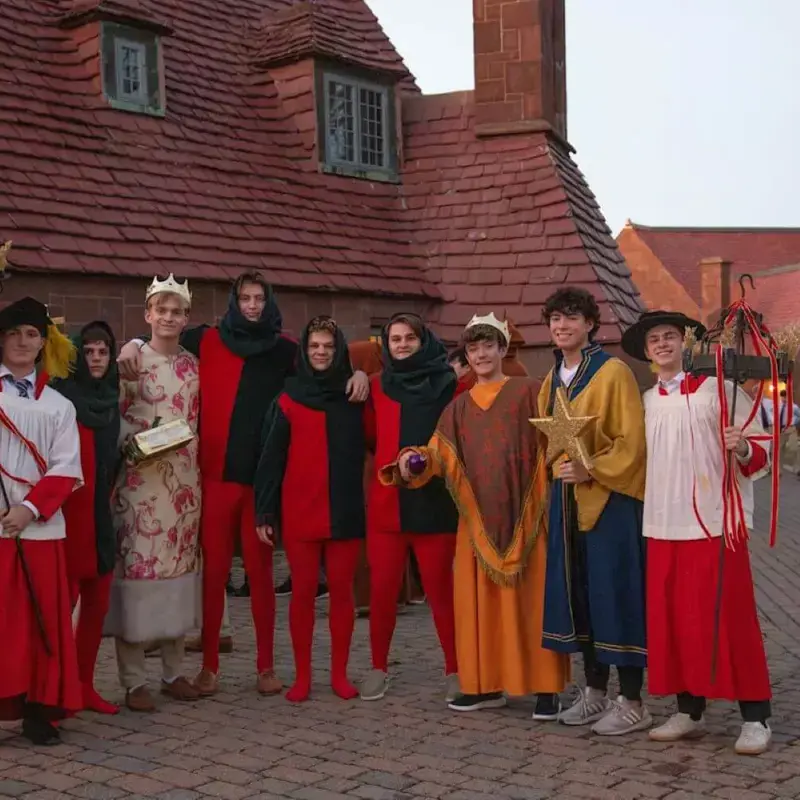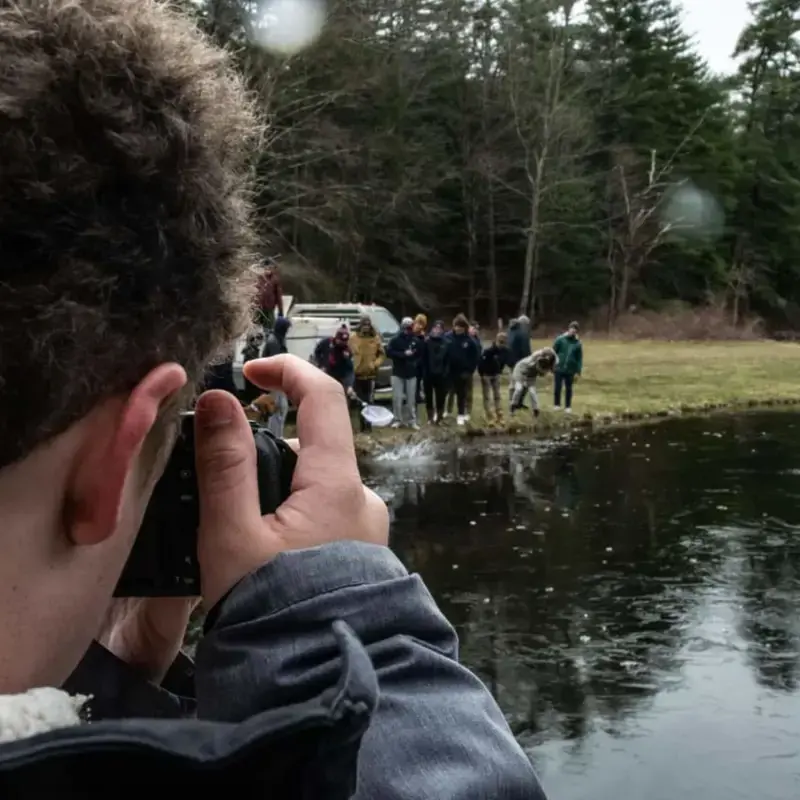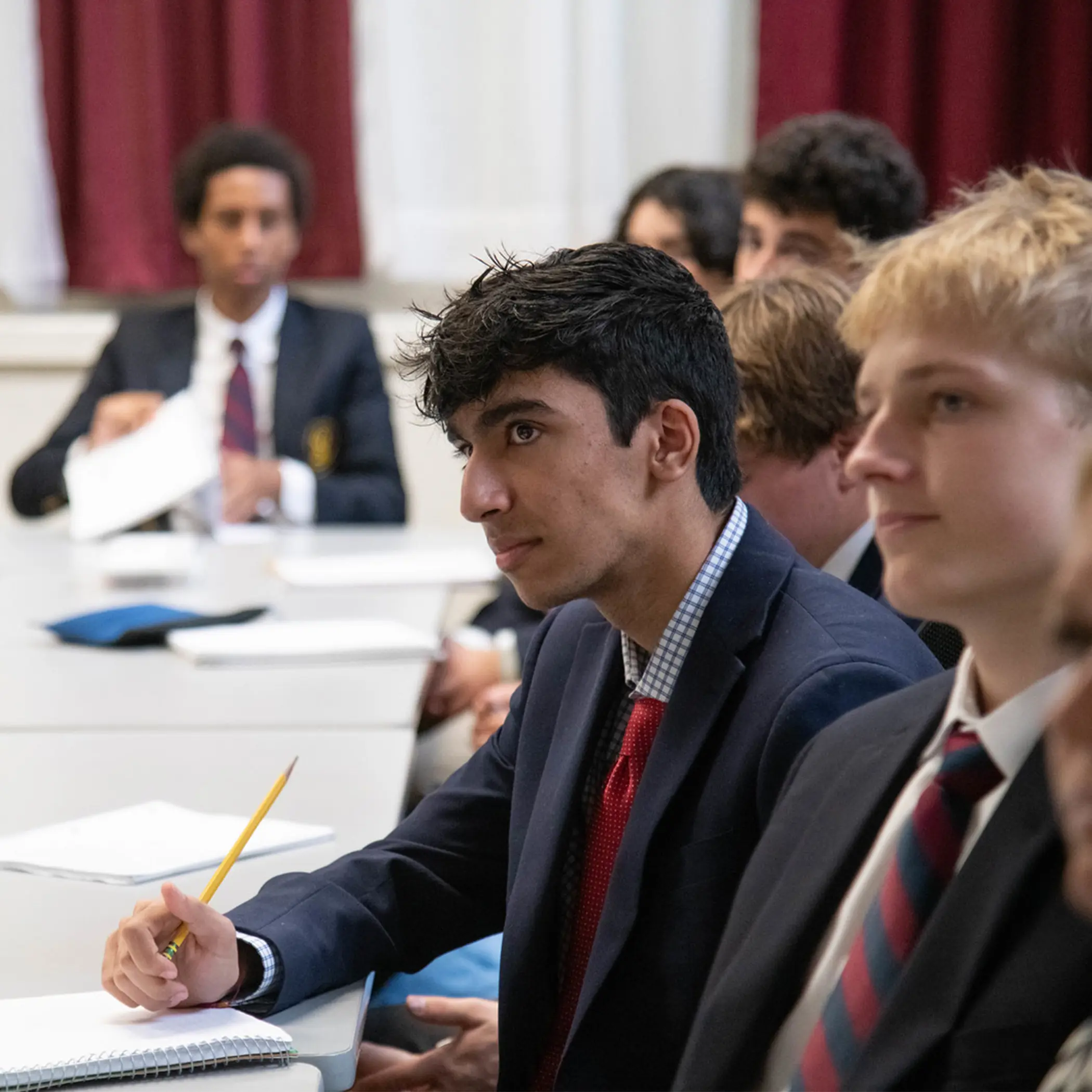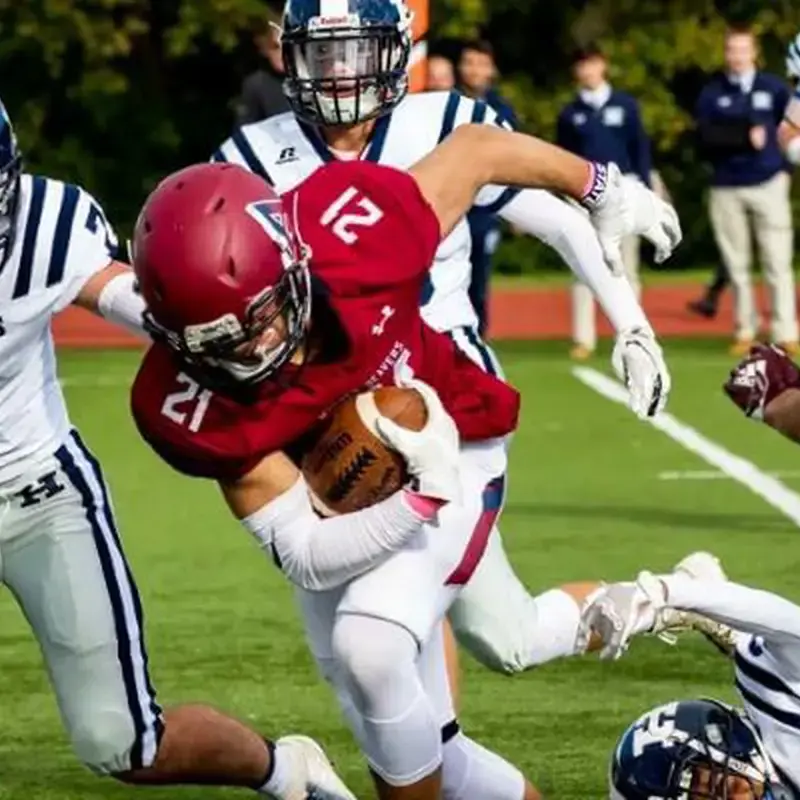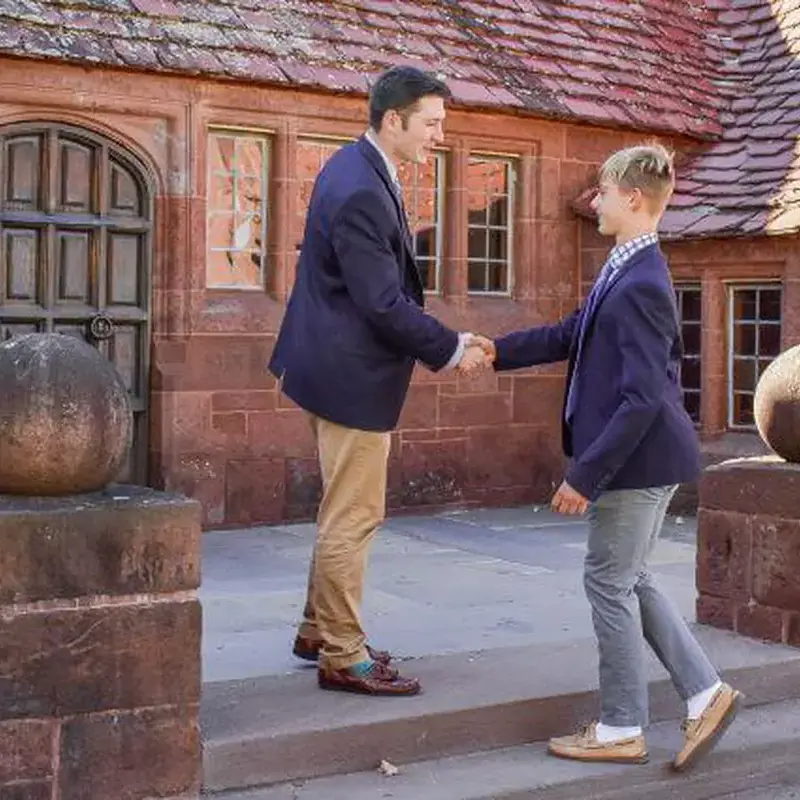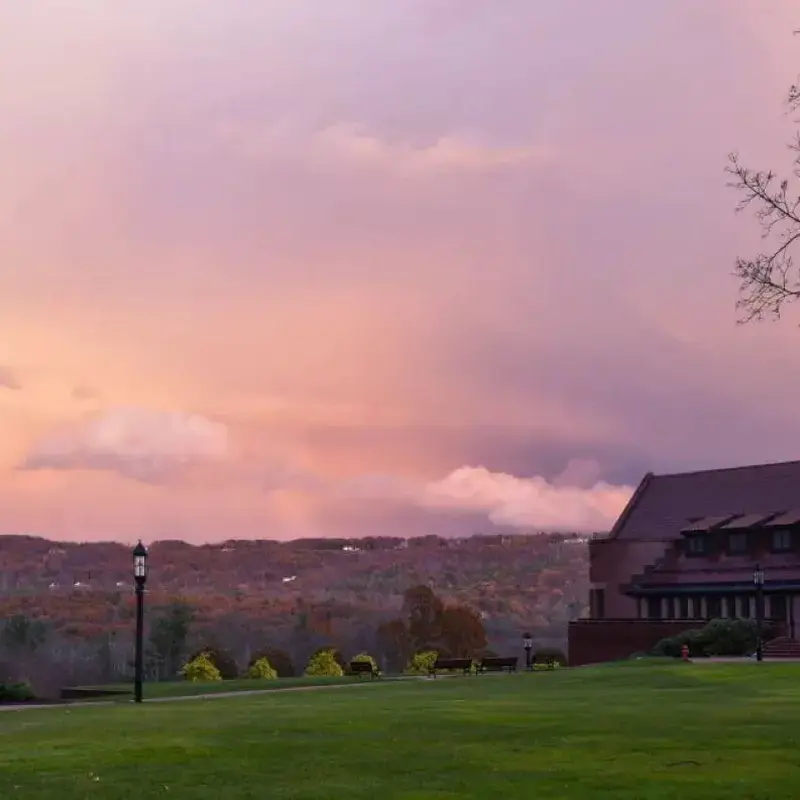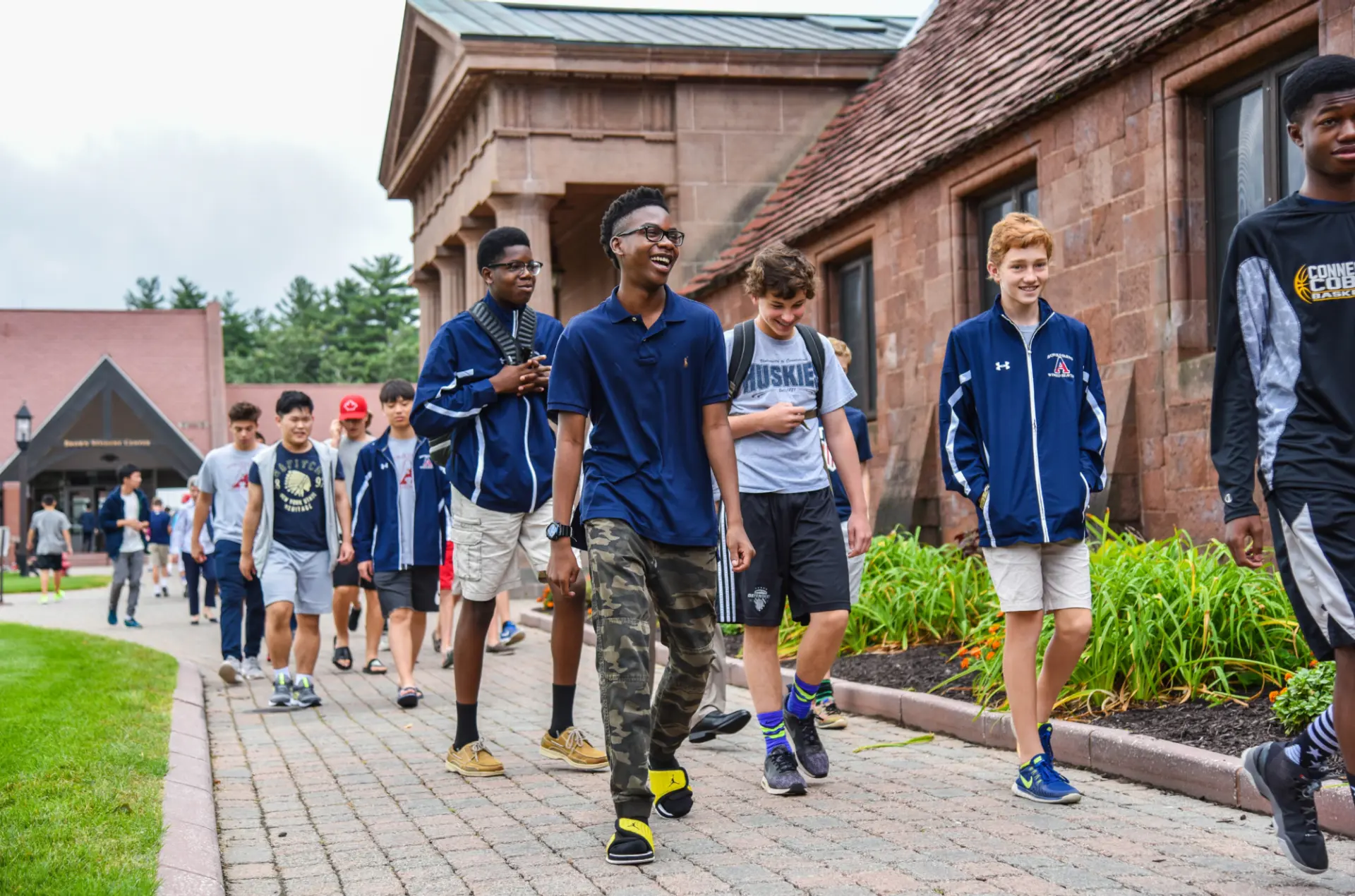ROB DOWLING AND ART CUSTER
THE BOY-FILLED CLASSROOM: WHAT TEACHERS NOTICE AND HOW THEY RESPOND
As any parent of two or more sons knows, boys are not all the same.
At an all-boys school, like the private high school in CT, Avon Old Farms, educators can celebrate the differences in students and recognize that they have a wide range of interests, abilities, and sensibilities. In fact, it is both the similarities in boys and the differences in boys that make working at an all-boys school such a special opportunity and responsibility.

Curriculum Design and Class Structure That Harness Natural Boy Energy
Good teachers are effective at noticing and responding to the differences they observe in boys. For teachers to be effective, they need not just to be aware of the specific circumstances of each day but also to understand how individual students learn and grow. Only when a student feels known and valued can he completely commit to the content of the class, activity, or group. That said, there are choices teachers of boys can make—both in the curriculum design and in the methods of instruction—to maximize impactful boy learning.
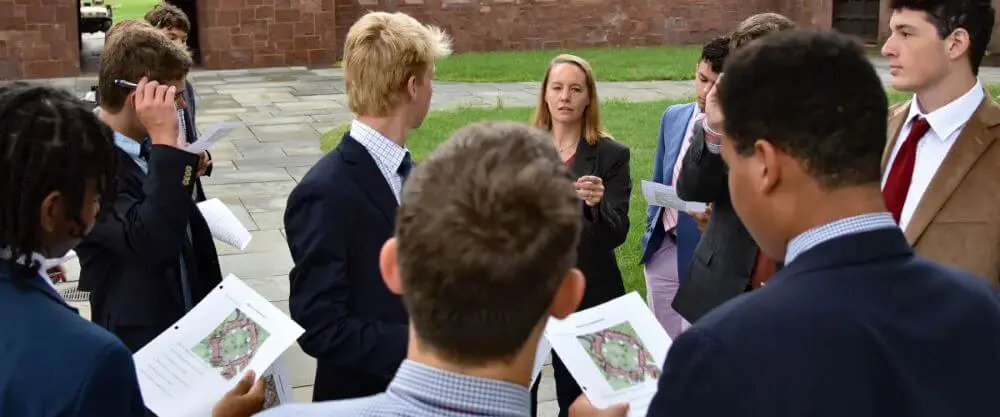
In the curriculum, while that can mean catering to boys’ interests, often it means purposefully choosing literature with women in leading or heroic roles, or reading stories that present different models of masculinity. In instruction, it means seeking out opportunities for hands-on learning; it means finding ways to incorporate movement, color, and sound into a lesson, and it means finding ways to harness and take advantage of boys’ natural energy and curiosity. Most importantly, it means an emphasis on relational learning.
Relationship is the Prerequisite for Learning
Our approach to relational learning is informed both by our decades of experience teaching boys and by research such as that conducted by Rick Hawley and Michael Reichert (see their work, I Can Learn From You). Hawley and Reichert’s examination serves to confirm what we have known for a long time: that a positive relationship between student and teacher is not just conducive to genuine learning, it is a prerequisite. To effectively lead boys, teachers need to assure their students that they care and are devoted to their individual success. If teachers send that message to their students, boys are capable of incredible achievement. If teachers fail to inspire that relationship, student achievement will be limited.
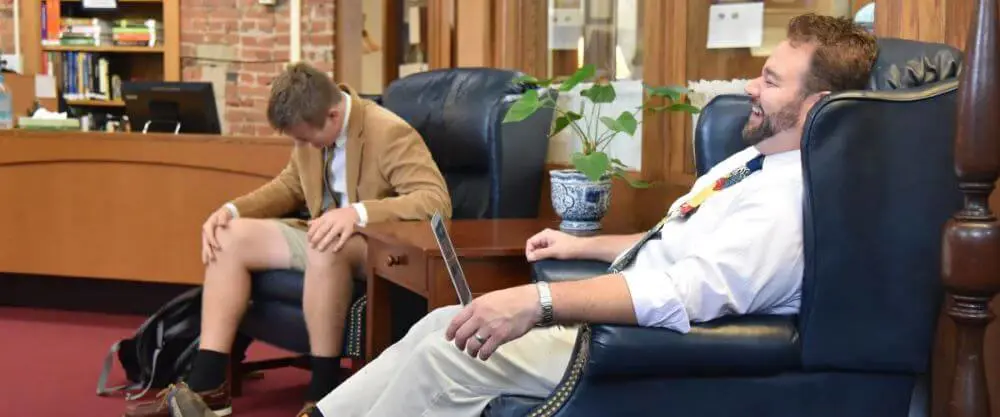
The triple-threat model of teaching, coaching, and residential forums makes this interaction more regular and therefore more healthy and possible. Teachers at Avon have opportunities to demonstrate that they are invested in their students’ success in so many areas of boys’ lives. Good teaching prioritizes the individual student before the content of any academic discipline or shared activity. As relational learners, our students appreciate how we collaborate in their successes and they value our total immersion in the community as dorm parents, coaches, and mentors. As a result, as much as we challenge the boys inside the classroom, we support them in equal measure with compassion, empathy, and constructive feedback for personal growth in our community and beyond.
Brotherhood Contributes to Inspired Learning
Another aspect of relational learning at the New England boarding school, Avon Old Farms, is the relationship among the boys. Our emphasis on Brotherhood as a Core Value helps create a culture among the boys that is at once affectionate, spirited, and supportive. Most people see this first in athletics, where the Avon Army encourages our teams with energy and passion. As teachers, we also see it in the classrooms and in the dorms, where students genuinely celebrate each others’ successes, where they freely offer to help a classmate who is feeling challenged, and where they help each other navigate the journey of adolescence.
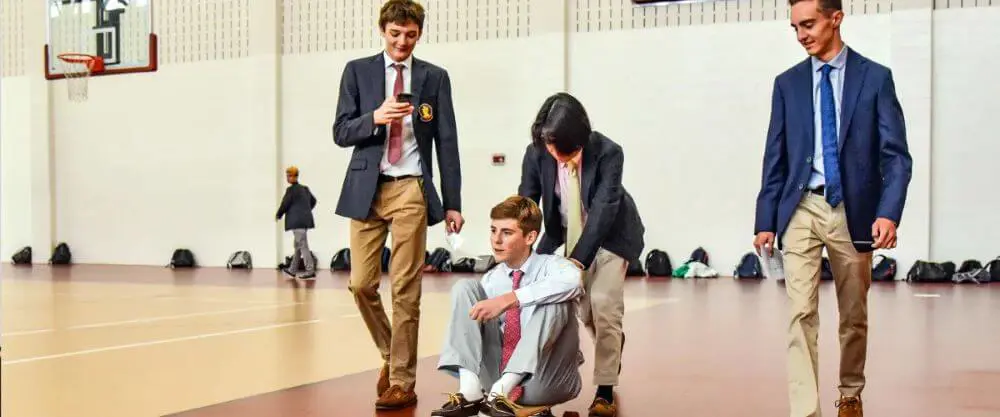
Key Takeaway
Our alumni confirm that this approach to education has proved to be essential in their path to manhood. Our graduates are not only lifelong learners, but also leading citizens in their communities. Avon alumni remain loyal to their school and to each other.
ABOUT THE AUTHOR
|
|
Robert Dowling Jr. |
 |
Arthur Custer |
More Blog Posts
|
|

